Posts
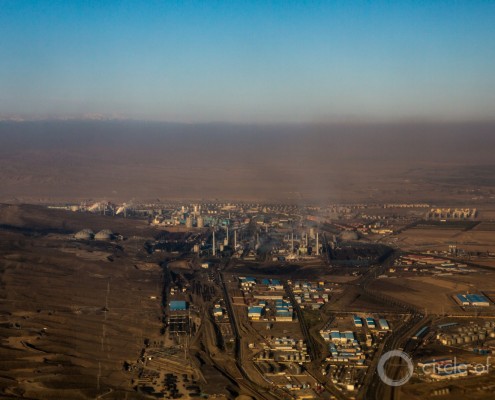
China Tests New Strategy to Curb Coal Demand, Reduce Air Pollution, and Conserve Water
0 Comments
/
Nation’s Ministry of Environment turns to Circle of Blue and the Wilson Center’s China Environment Forum for help.
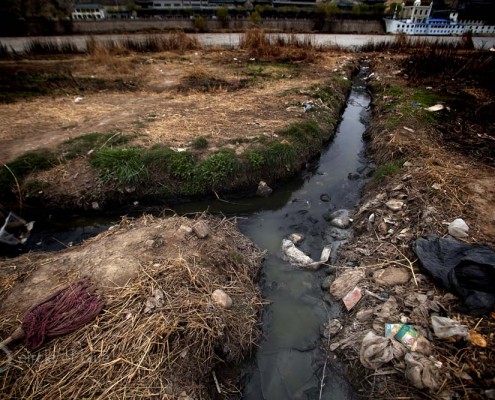
Toxic Water: Across Much of China, Huge Harvests Irrigated with Industrial and Agricultural Runoff
The dirty truth about the world’s largest grain producer.
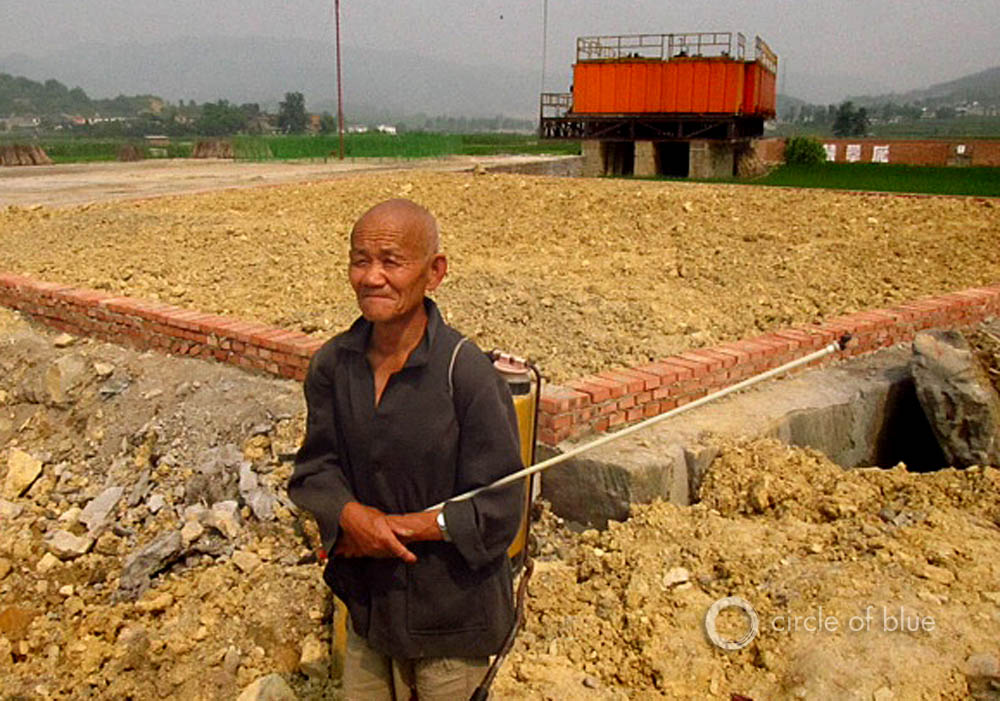
China’s Water Reserves and World’s Warming Atmosphere Wait For Natural Gas Breakthrough
China’s deep shale reserves are treacherous to tap and slow to develop.

Food Supply, Fracking, and Water Scarcity Challenge China’s Juggernaut Economy
New project finds that building the world's fastest-growing economy…
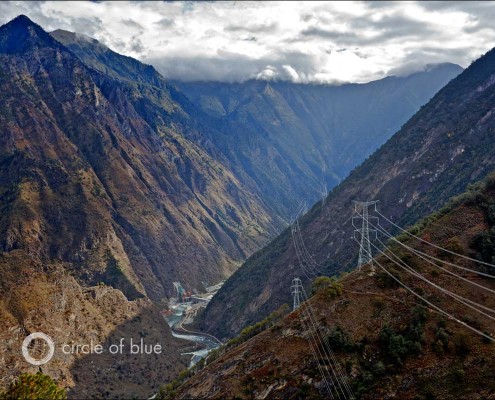
Surge of New Dams in Southwest China Produces Power and Public Ire
Water-rich region, though, is getting dryer.
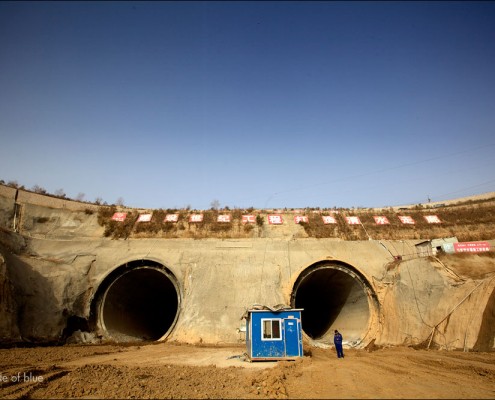
A Dry and Anxious North Awaits China’s Giant, Unproven Water Transport Scheme
Authorities anticipate approval for new western line to tap energy reserves. Sparks and the blue flare of arc welders, like hot stars in the night sky, illuminate the interior of a massive water tunnel that crosses underneath the Yellow River.
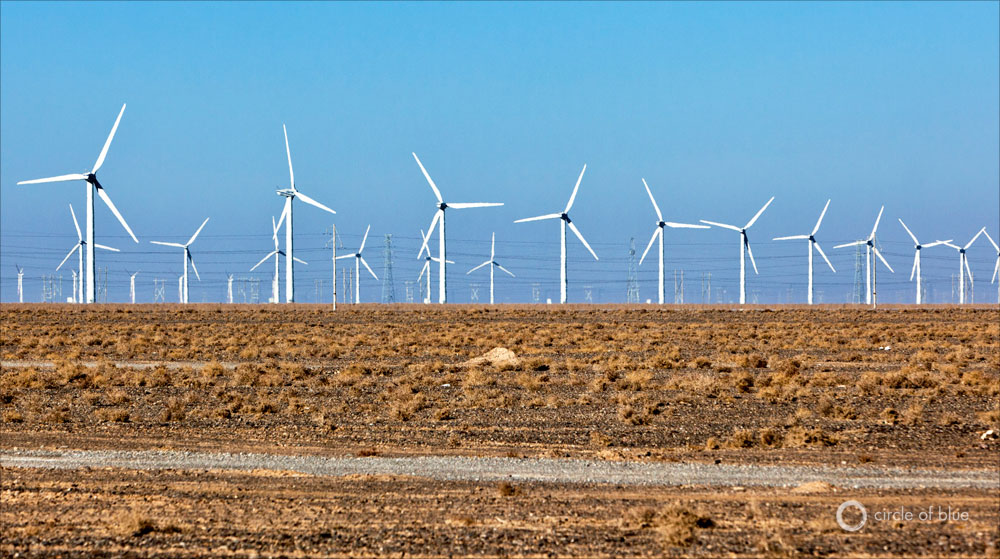
New Wind and Solar Sectors Won’t Solve China’s Water Scarcity
Clean alternatives help, but not nearly enough, to loosen energy-water choke point
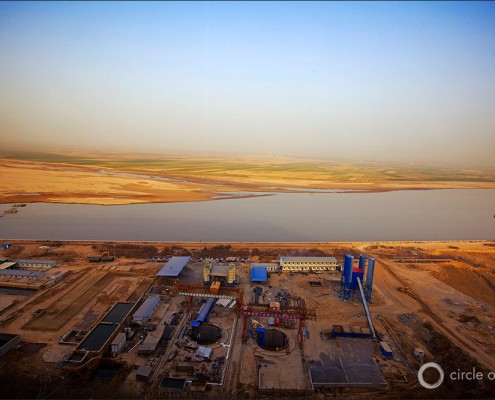
Choke Point: China – Confronting Water Scarcity and Energy Demand in the World’s Largest Country
An escalating confrontation over resources; a confrontation with global implications.
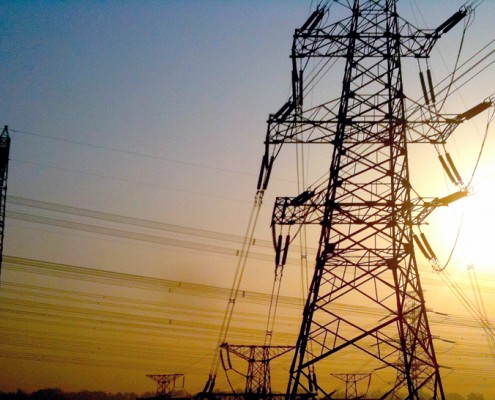
Memo to Hu and Obama: Water and Energy Choke Points Merit Time at the China-U.S. Summit
Collaborate on resolving confrontation between rising energy demand and water scarcity in both countries.
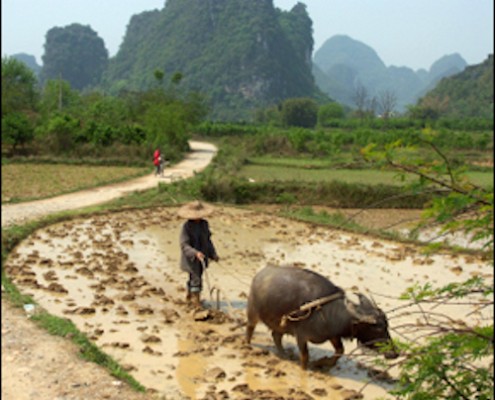
Chinese Farms Generate More Water Pollution than Factories
Study shows 2007 discharges were double previous estimates.

China, Tibet, and the Strategic Power of Water: Pollution and Global Warming Threaten Asias’s Most Important Freshwater Source
eneration are occurring between Chinese police and young Tibetan protestors. The fierce fighting, which erupted in March, has produced casualties on both sides and prompted demonstrations around the world. Many analysts assert that the fighting is caused, at least in part, by fear that the Chinese government’s long-standing strategy to open Tibet’s vast reserves of copper, iron, lead, zinc, and other minerals will accelerate with the railroad’s development.

